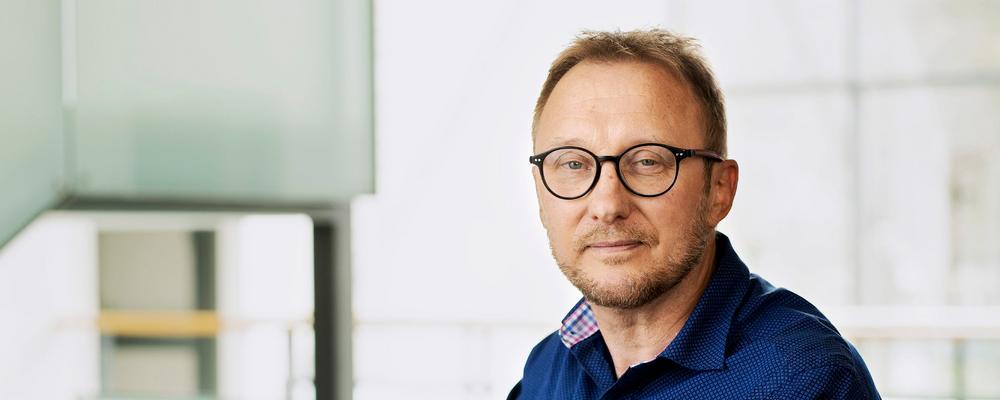International project learns from pandemic for better communication before the next crisis
There is a lot to learn from the pandemic, not least in terms of risk and crisis communication. Bengt Johansson, professor at JMG, University of Gothenburg, is the Swedish representative in the international research project DECIPHER. The aim is to investigate how authorities and the media have affected people's ability to protect themselves against COVID-19 to be better prepared for the next crisis.
DECIPHER is an international research project carried out by the Technische Universität Ilmenau and the German Federal Institute for Risk Assessment (BfR).
The project will analyze and compare risk and crisis communication from government agencies and the media in seven countries during the COVID-19 pandemic.
2021-2024, researchers from Germany, Italy, the Netherlands, Spain, Sweden, the United Kingdom and the United States will collect and analyze data to decipher the public sphere of the pandemic and its impact on the population's ability to protect itself against COVID-19.
The project is funded by the German Research Foundation (DFG) with approximately 1.8 million euros.
Read more on the research project DECIPHER’s website.
